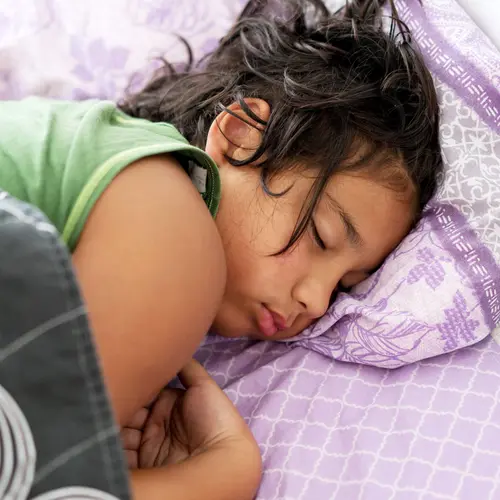Maria Montessori called play the work of childhood, and modern organizations like the American Academy of Pediatrics agree that play is an essential part of a child’s healthy development. Playdates encourage kids to strengthen their friendships, exercise, build social skills, and explore other cultures — and, of course, they’re a lot of fun.
Read on to learn what you need to know about playdates for kids.
Are Playdates Good for Kids?
Playdates have many health benefits for kids — physically, socially, mentally, and emotionally. The American Academy of Pediatrics stated in a 2018 clinical report that play builds many skills, including language, executive function, social-emotional skills, problem-solving, collaboration, and creativity.
Playdates are not essential if your child has other opportunities to socialize with same-age peers, like school, extracurricular classes, or home school social clubs. Still, playdate fun can be an engaging way for your child to build these essential skills.
What Can You Do for a Playdate?
There’s no limit to ideas for playdates. Consider the children's age, abilities, and interests when planning a playdate. Remember that playdates don’t have to be complicated — there are many benefits to unstructured play. Still, if you or your kids would like a little more direction, here are some ideas for things to do on a playdate to start you off.
Ideas for a playdate for toddlers:
- Nature walk or bug hunt
- Sidewalk art with chalk and washable sidewalk paint
- Making a simple healthy recipe together, like fruit salad
- Building indoor forts out of couch cushions and sheets or cardboard boxes
- Dress-up play
- Making play dough or slime
- Dance party
- A simple obstacle course
Playdate ideas for older kids:
- Book club
- Building with Lego or other construction toys
- Finding stars and planets with a telescope
- Backyard camping
- Art projects like painting a mural, doing tie-dye, or making jewelry
- Baking
- Bird watching
- Riding bikes or scooters
- Board games
How Can You Make a Playdate Safer?
Most activities carry some level of risk, and playdates with friends are no exception. While playdates are generally very safe activities, your child may be playing with friends at another person’s house, a swimming pool, or another location that has safety risks you’re not aware of. To make playdates safer for your child, consider asking the hosting family some playdate safety questions, like the following:
Who’s supervising the playdate? Children, especially younger children, need supervision. Confirm that a responsible adult will supervise the playdate and consider asking to meet them in advance.
What will the kids be doing? Find out what activities the host has planned ahead of time. This allows you to discuss safety precautions if the kids will be engaged in potentially hazardous activities like swimming or jumping on a trampoline. You can also confirm that you’re aware of any outings planned at a different location.
Are there any guns in your home? One-third of U.S. homes have a gun in the house, and not all firearms are stored safely. Almost 1,300 children die from gun injuries every year in the U.S. If you’re planning a playdate for your child in a home with guns, consider asking to see how the guns are stored. Guns should be stored unloaded in locked storage like a gun safe, and families should store ammunition separately.
Do you have any pets? Animals can be unpredictable. More than 4.5 million people are bitten by dogs in the U.S. every year, and most of these victims are children. If your child is at a playdate with pets present, make sure that the children won’t be left unsupervised with pets. Consider also teaching your child some basic animal safety.
You may want to share your family rules with the hosting family, such as limits on screen time, screen content, language, and convenience foods. If you‘re uncomfortable with the responses to your safety questions, consider offering to provide supervision yourself. You can host the playdate in your home or at a neutral location like a playground.
If you’re hosting a playdate, consider asking some safety questions, such as:
Does your child have any food allergies? A child can be allergic to any food, but there are a few foods that cause over 90% of allergic reactions: milk, eggs, peanuts, soy, wheat, tree nuts, fish, shellfish, and sesame. Allergies can be life-threatening. If you’re hosting a child with a food allergy, ask about any unusual terms you need to look for on labels. If you’re unsure about what foods the child can have, ask if the child’s parents can provide allergy-safe foods. If the child uses an EpiPen, ask the parents for details on how and when to use it.
Does your child have any medical conditions I should be aware of? Parents don’t need to share every diagnosis with you, but you may need to be aware of a condition like asthma or any situation that may require you to give medication while the child is in your care.
How can I reach you? Make sure you have the parent’s contact information and know where you can contact them while their child is under your supervision. You may want to establish an emergency contact, like a grandparent or family friend, that you can contact in an emergency if you cannot reach the parent.

